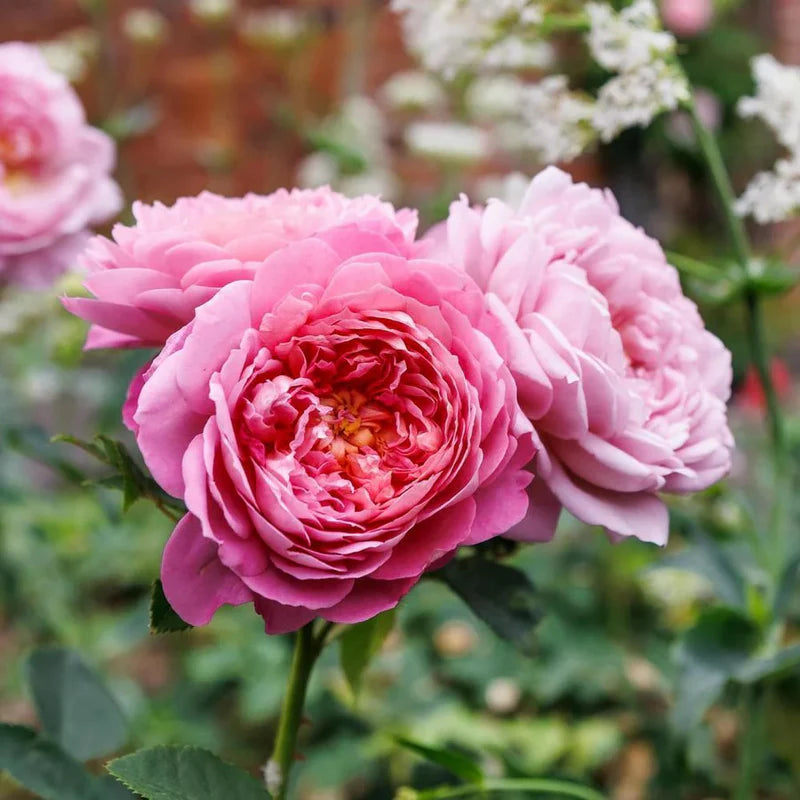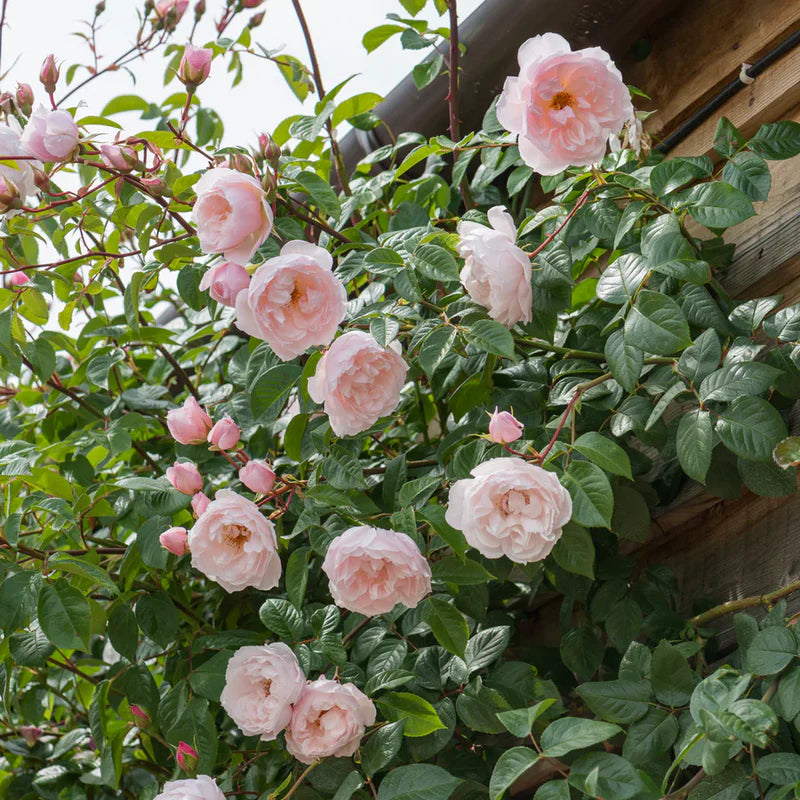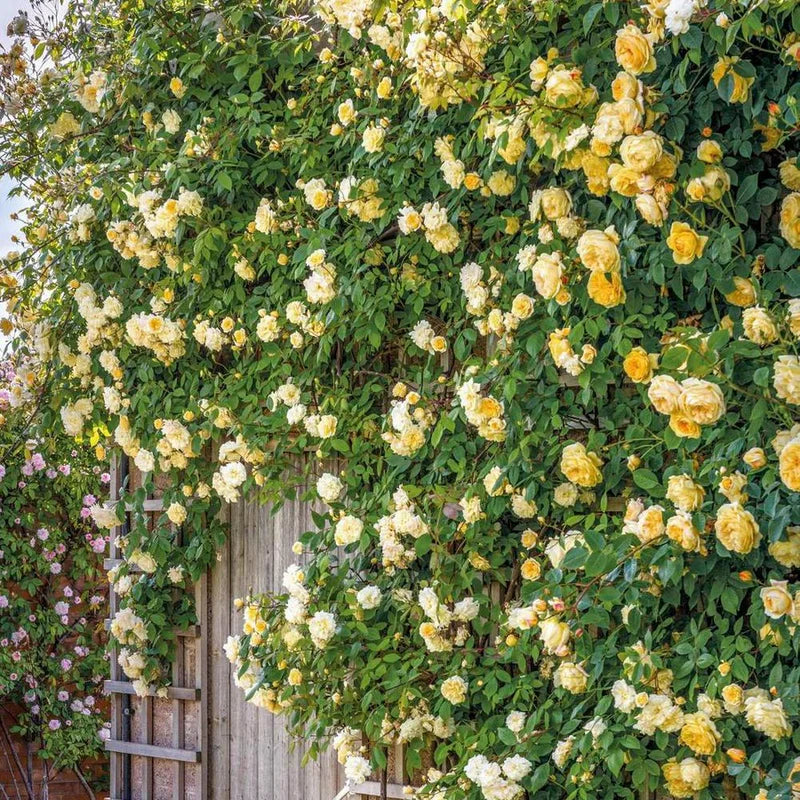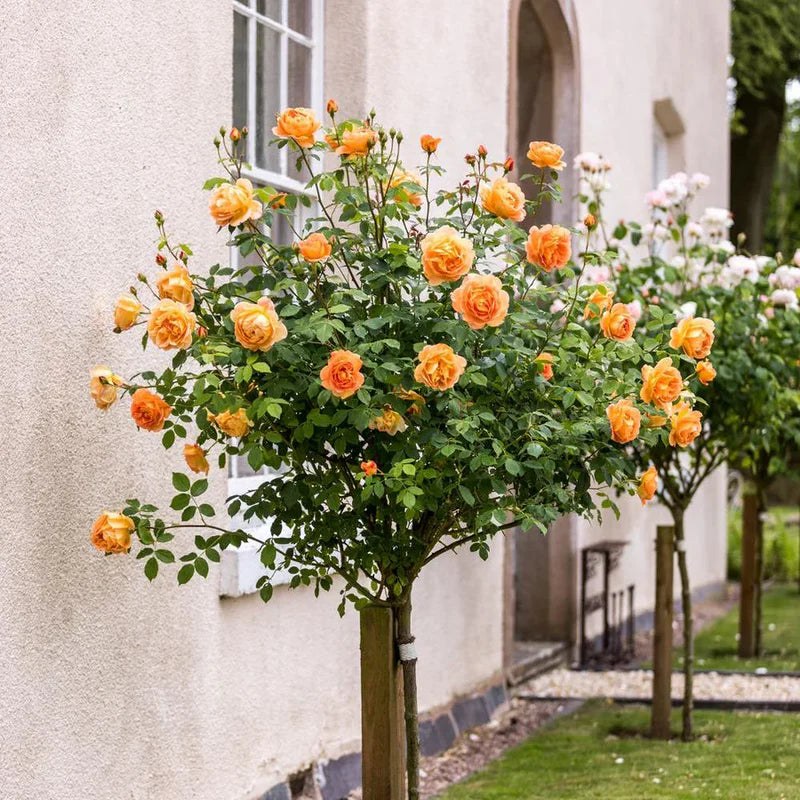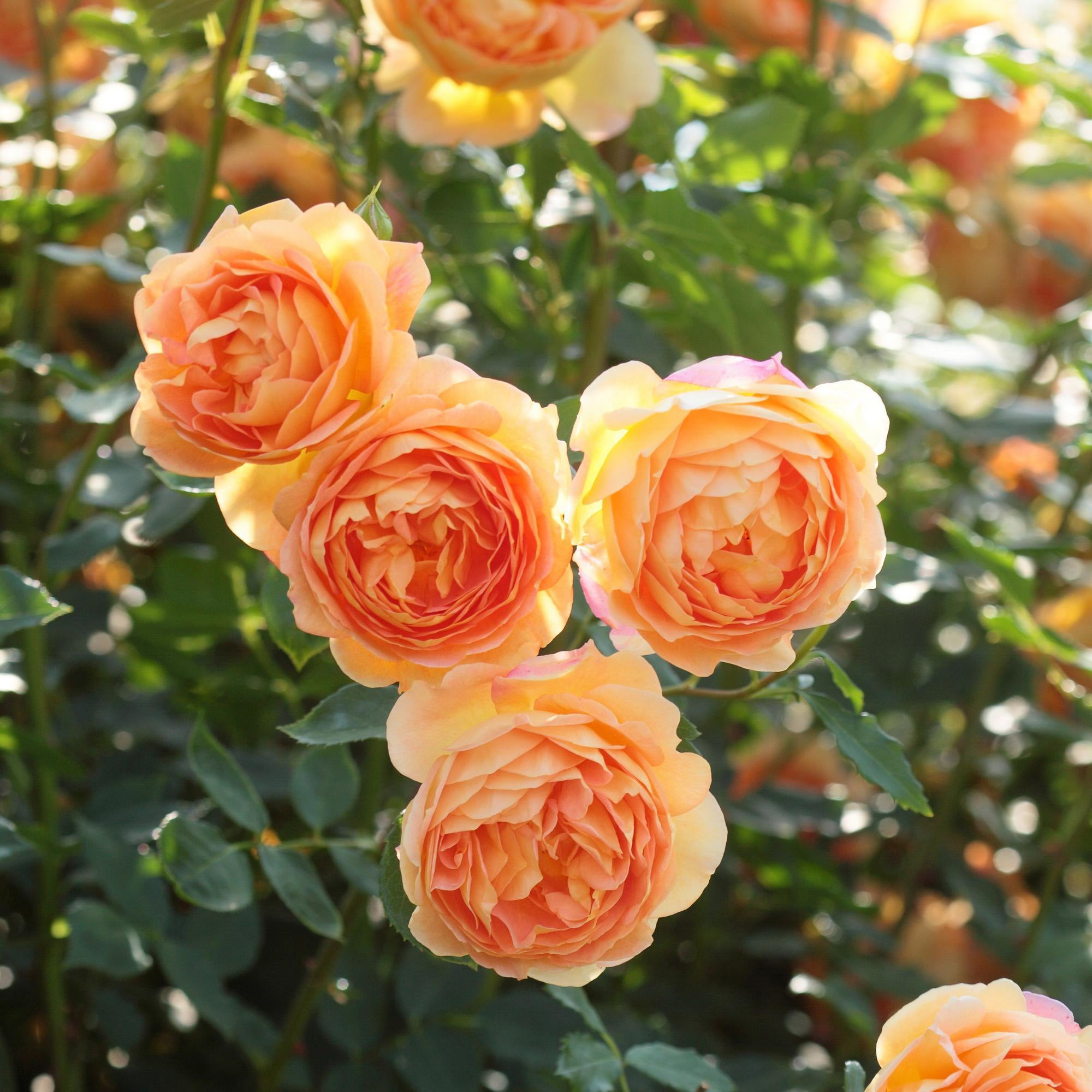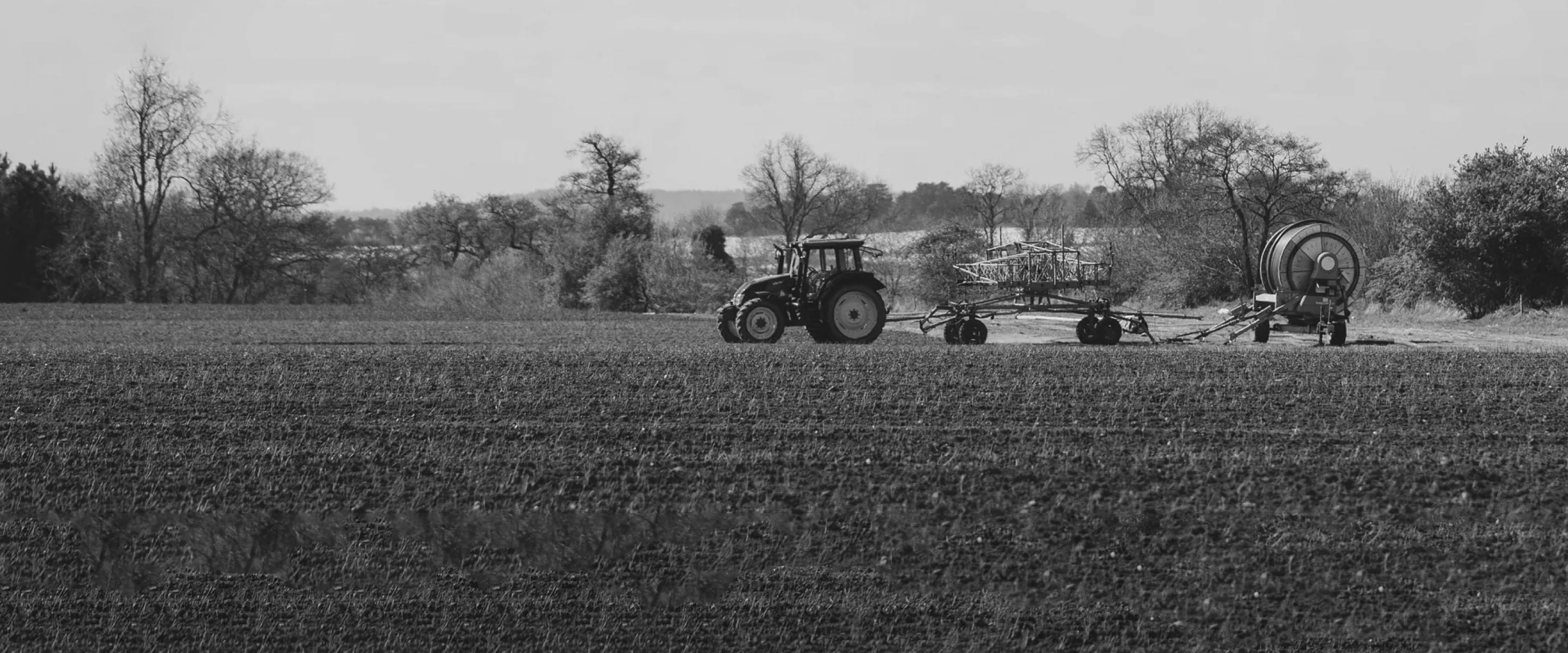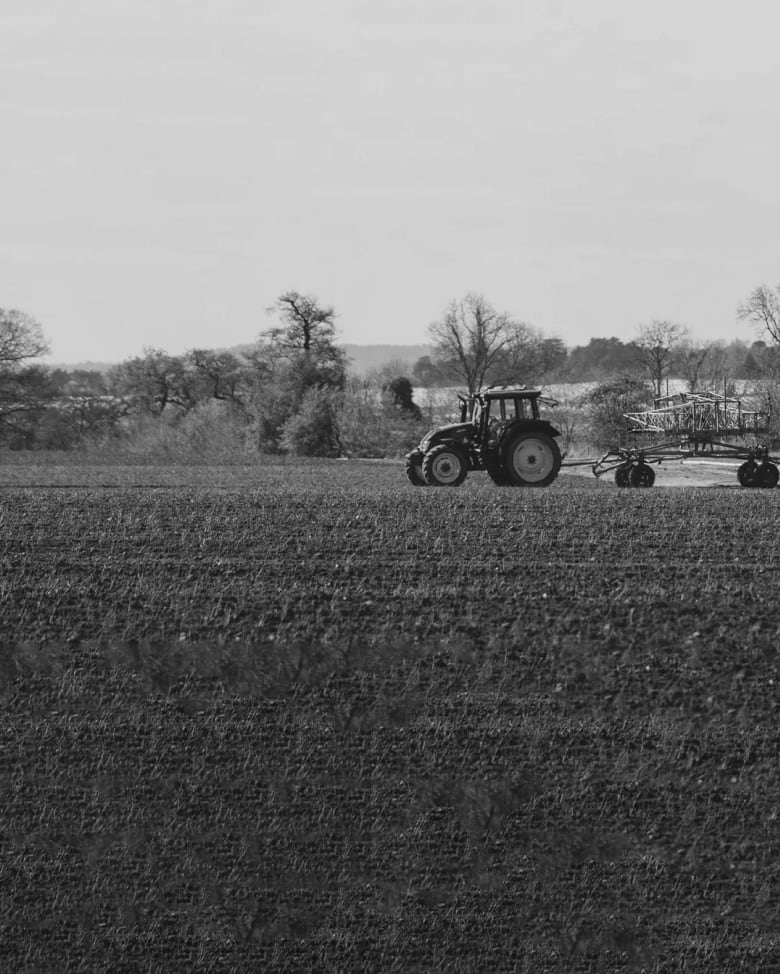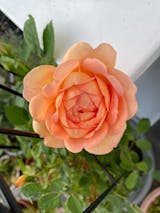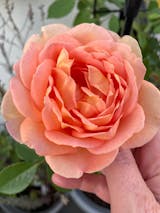Lady of Shalott®
Lady of Shalott®
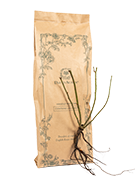
Bare root roses are cost-effective and best planted in winter for blooming the next season.
- Delivered dormant without soil or leaves (traditionally planted October–April).
- Cost-effective particularly for planting en masse, easy to handle, and plastic-free packaging.
- Roots establish during winter for strong blooms in spring.
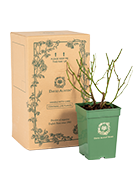
Potted roses arrive ready to plant and year-round planting options.
- Comes in a recyclable pot with established root ball.
- Contains soil and controlled-release rose food.
- Ideal for instant planting and gifts.
- Plant as soon as possible for best results, depending on weather.
- Standard deliveryArrives in 3-5 days£3.95
-
Nominated day delivery£5.95
- Colour: Orange
BLOOM COLOURColour may vary depending on growing conditions. Colour fade is a characteristic of some varieties.
- Flowering: Repeat Flowering
REPEAT or ONCE FLOWERING?REPEAT FLOWERING roses flower in flushes from late spring through to early winter. ONCE FLOWERING roses only produce a single flush of blooms lasting 3 to 4 weeks in mid summer
- Fragrance: Medium,Tea
- Bloom Size: Large
BLOOM SIZE GUIDEBloom size varies over the life cycle of each bloom. Measurements refer to the average diameter of a bloom at its prime. LARGE BLOOM: 3.5-5" MEDIUM BLOOM: 2-3.5" SMALL BLOOM 1-2"
- Family: English Shrub Rose
- Size: Medium Shrub
SIZE GUIDEAll measurements are approximate 'height x width' and refer to a 3 year old established rose, pruned once annually, measured during the first flush of flowers in June.
- Height: 4ft (125cm)
- Width: 4ft (125cm)
- Breeder: David Austin
- Year of Introduction: 2009
 Attracting Bees
Attracting Bees Mixed Border
Mixed Border Pots & Containers
Pots & Containers Rose Border
Rose Border Rose Hedges
Rose Hedges Partial Shade
Partial Shade
 North, East, South, West Facing
North, East, South, West Facing Full Sunlight
Full Sunlight Partial Sunlight
Partial Sunlight All soil types
All soil types
From growing in our fields to growing in your garden, we love seeing your beautiful images of our roses in your world.
-
Bare root shrub roseView the full guide
-
Potted shrub roseView the full guide
Need more help? for individual help or advice, we encourage you to contact our friendly, knowledgeable team on 01902 376300.
Bare root roses are dormant plants and can be planted November and April.
Potted roses are available all year round and can be planted at any time of the year.
Aside from extreme weather, roses can be planted at any time during the year. The extreme weather conditions that we advise against planting in are when the ground is frozen, water-logged or during a drought.
We take every care to breed, grow and deliver the best roses. If a rose fails to grow or arrives damaged, we will replace it free of charge. The 5 year guarantee applies to roses purchased
directly from David Austin. If you would like to request a replacement or refund of a rose within the 5 year guarantee period, please complete our Returns form.

